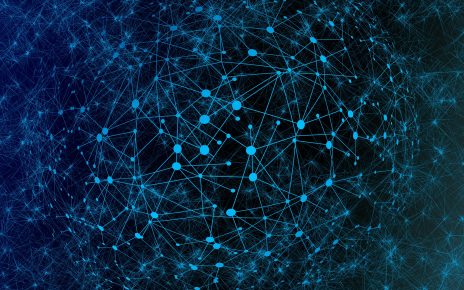[:de][:]
Related Articles
Hallo Welt!
Willkommen zur deutschen Version von WordPress. Dies ist der erste Beitrag. Du kannst ihn bearbeiten oder löschen. Und dann starte mit dem Schreiben!
Fokus-Workshop V: Konsolidierung, Nachjustierung & Perspektivierung
Am 14. November 2019 kamen die Promovierenden zum fünften
Fokus-Workshop des Forschungsverbundes NRW Digitale Gesellschaft im Institut
für Sprach-, Medien- und Musikwissenschaften der Universität Bonn zusammen.
Mit Blick auf die bisherige zweijährige erfolgreiche Laufzeit des Graduiertenkollegs stand der Workshop ganz im Zeichen der Themen „Konsolidierung, Nachjustierung & Perspektivierung“. Ziel war es, gemeinsam mit den Promovierenden sowohl die bisherige Projektlaufzeit zu reflektieren als auch das interdisziplinäre Qualifizierungsprogramm für die restliche Laufzeit bedarfsorientiert und konsensuell festzulegen. Grundlage für diesen Konsolidierungsprozess bildeten eine umfassende im Vorfeld durchgeführte Bedarfserhebung in den Projekten sowie die Empfehlungen des Advisory Boards.
Prof. Dr. Armin Grunwald
Grunwald, Armin, Prof. Dr. rer. nat., Studium von Physik, Mathematik und Philosophie. Promotion zum Dr. rer. nat an der Universität zu Köln 1987. Habilitation mit Venia legendi in der Philosophie 1998 an der Universität Marburg.
Berufstätigkeiten in der Industrie (Software Engineering, 1987-1991), im Deutschen Zentrum für Luft- und Raumfahrt (1991-1995) und als stellvertretender Direktor der Europäischen Akademie zur Erforschung von Folgen wissenschaftlich-technischer Entwicklungen (1996-1999). Seit 1999 Leiter des Instituts für Technikfolgenabschätzung und Systemanalyse (ITAS) am Karlsruher Institut für Technologie (KIT). Seit 2002 auch Leiter des Büros für Technikfolgen-Abschätzung beim Deutschen Bundestag (TAB). Seit 2007 auch Professor für Technikethik und Technikphilosophie am KIT.
Mitglied der Deutschen Akademie der Technikwissenschaften (acatech) seit 2009,
Mitglied im Präsidium von acatech seit 2014. Mitglied des Science Committee des Future Earth International Programms der Nachhaltigkeitsforschung 2013-2016. Mitglied der Endlagerkommission des Deutschen Bundestages 2014-2016. Mitglied in der Ethik-Kommission für autonomes und vernetztes Fahren des Bundesverkehrsministeriums 2016/2017.
Arbeitsgebiete: Theorie und Methodik der Technikfolgenabschätzung, Technikphilosophie, Technikethik, nachhaltige Entwicklung.
Link zur Homepage
